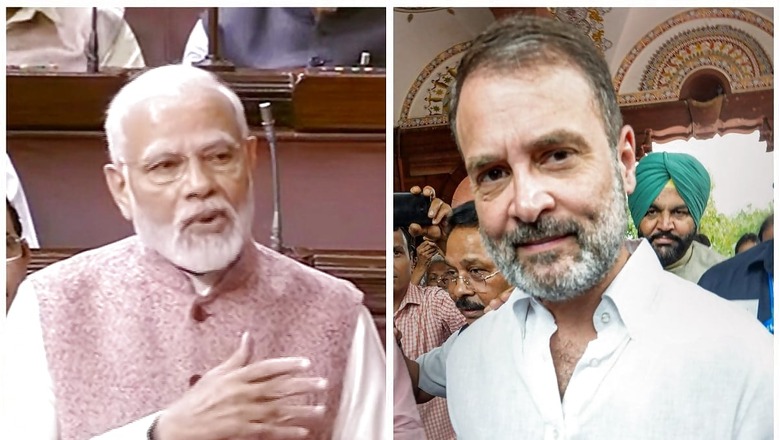
views
Over the past three weeks, Congress leader Rahul Gandhi has raised one question twice to bureaucrats and journalists – “how many OBCs are there in the group?” His undivided focus on the Other Backward Class (OBC) and his party’s attempt to implement caste survey across the states where they are in power indicate that OBC is the new electoral plank for political parties.
But as the Congress wants more OBCs in bureaucracy and media, is it really looking for more candidates from the community in the upcoming state elections? Are they going to get any electoral dividend out of it? Can they trump BJP and break its monopoly over Hindu votes?
Political analysts say the Congress is trying to challenge the Hindutva narrative to bring social justice.
For context, Rahul Gandhi, while delivering his speech in Parliament on September 20, said only three among 90 joint secretaries serving at the Central are OBCs. Last week, while addressing a press conference, he asked the same question to journalists, and a couple of hands were raised.
Rahul Gandhi, who has been of late a proponent of conducting a caste census in India, said “Jitni Abadi Utna Haq’, hailing the report of Bihar government’s caste census. Later, two Congress-ruled states — Rajasthan and Chhattisgarh — said the survey would be conducted in both states if the Congress is voted to power.
What Do Candidate Lists’ Reflect?
Congress had announced its first list of 30 candidates for Chhattisgarh on October 15. According to Deepak Baij, Chhattisgarh Pradesh Congress Committee chief, the list has around five to six OBC candidates. At least half of these 30 seats are reserved for STs. In Madhya Pradesh, the Congress has released a list of 144 candidates, in which 39 are OBCs, said a senior member of All India Congress Committee (AICC).
Baij told News18, “Chhattisgarh is primarily a tribal dominated state. We are analysing the constituencies and accordingly fielding candidates. About the first list, I can say that most constituencies are reserved for STs, and we have fielded five to six OBC candidates as of now.” According to a government survey, Chattishgarh has around 43% OBCs.
“In the upcoming lists, we will have more OBC candidates, but it also depends on the political merit.” The senior AICC member said the first list for Madhya Pradesh has around 27% of OBC candidates, there will be more in the next one.
Even though there is no current central data about the caste percentages across states, the BJP and Congress claim that Madhya Pradesh and Chhattisgarh have over 35% to 40% of OBC population, while Rajasthan has nearly 30%.
Other than Bihar, no state has definitive official data about the caste groups. The state government and the central government extrapolate the 80-year-old caste date for reservation and other purposes, while the parties use their own calculations and projections.
During the 1990s and post-Mandal Commission reports, all states and Centre formed the OBC committees and came up with their own OBC lists, but that often did not match with each other.
What is the Social Justice Narrative?
Caste, caste-based discriminations and backwardness have been the foundation of India’s elaborate system of quotas and reservations in education, government jobs, welfare schemes and even in Parliamentary politics.
Caste has been the flavour of this election season. Not only Rahul Gandhi, but Prime Minister Narendra Modi and RSS chief Mohan Bhagwat — all have been speaking about castes.
PM Modi said, for him, the economically backward people and the poor are the biggest population of the country. He also said the Congress is trying to divide the Hindus through its caste narratives.
RSS chief Mohan Bhagwat admitted that caste discrimination happened in ancient India and corrective measures are being taken now. A few days ago, RSS general secretary Dattatreya Hosabale said everybody should be allowed inside temples irrespective of their castes.
With senior politicians and functionaries making such statements, it is clear that the caste narrative is going to play a dominant role this election season.
“The Opposition is trying to build an alternative narrative of social justice. The BJP has been arguing that their form of social justice – ‘Sab Ka Saath Sab Ka Vikas’ — covered all social groups including forward castes, Tribal, Dalit, OBC and Scheduled Castes. BJP critics, however, argue that all these groups were part of an umbrella- Hindutva. So, all caste alignments were happening under a specific religion — de facto Hindutva,” said Sandeep Shastri, a senior political analyst and national coordinator, Lokniti Network, which is an autonomous social science research institute.
Thus, the Opposition has come up with the perspective of social justice, which means reaching out to the socially marginalised population. Shastri explained that India never had a “meaningful and genuine caste census”. “The governments are providing reservation by extrapolating 80-year-old data. And the argument of the Opposition is to get an authenticated caste census to understand genuine marginalised groups. So, there are two narratives, and I sense that this is going to be a campaign issue for both BJP and Congress.”










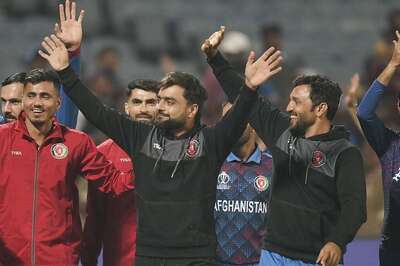
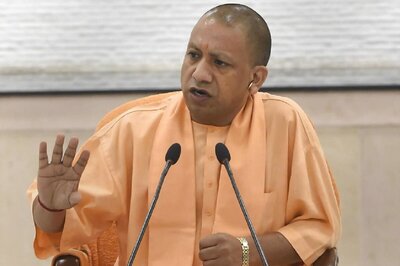

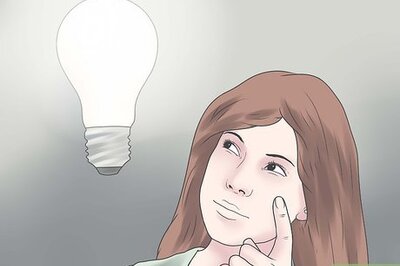
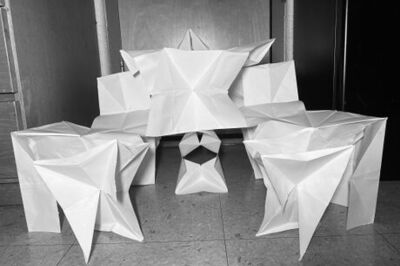


Comments
0 comment